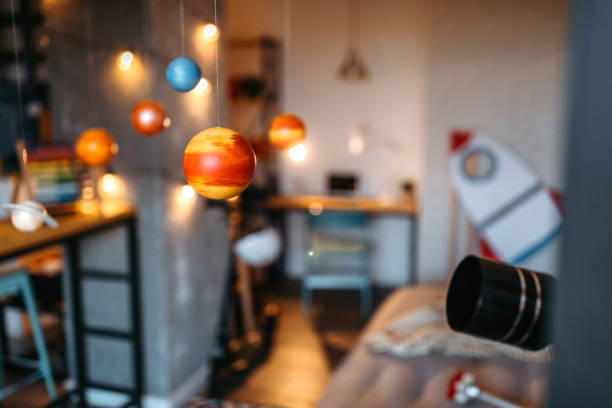

The solar system is a fascinating topic that captivates students of all ages. Engaging in solar system planet projects can be an enriching educational experience, combining creativity with scientific exploration. In this article, we’ll explore various project ideas, provide high-quality images of planets, and offer resources to make your project a success.
You may also like: Tickle my kids curiosity with these best science worksheets
Understanding Our Solar System
Before diving into projects, it’s essential to understand the basic structure of our solar system. The solar system consists of the Sun, eight planets, their moons, and other celestial objects like dwarf planets and asteroids. The planets can be categorized into terrestrial (rocky) planets and gas giants.
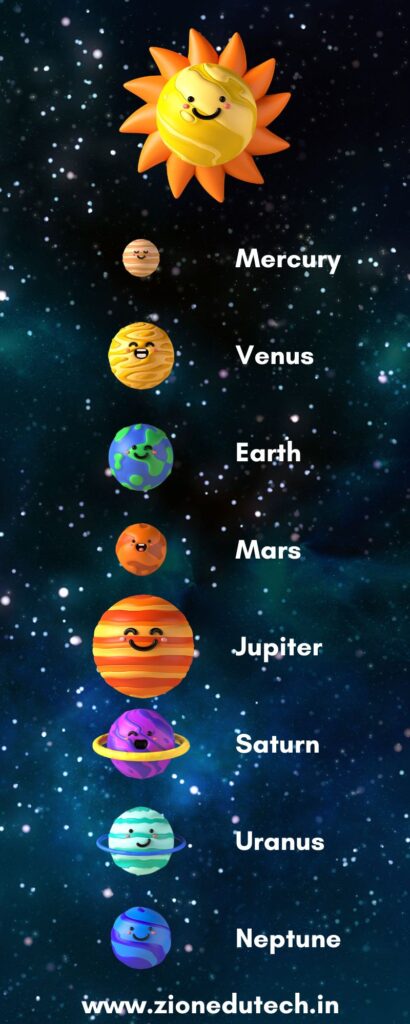
Solar System Planets Project Ideas
1. 3D Model of the Solar System
Creating a 3D model is a classic project that helps students visualize the relative positions and sizes of the planets. You can use materials like styrofoam balls, paint, and wire to represent the planets and their orbits.
- Materials Needed:
- Styrofoam balls (various sizes)
- Acrylic paints
- Paintbrushes
- Wire or string
- Glue
- Black cardboard or foam board (for the backdrop)
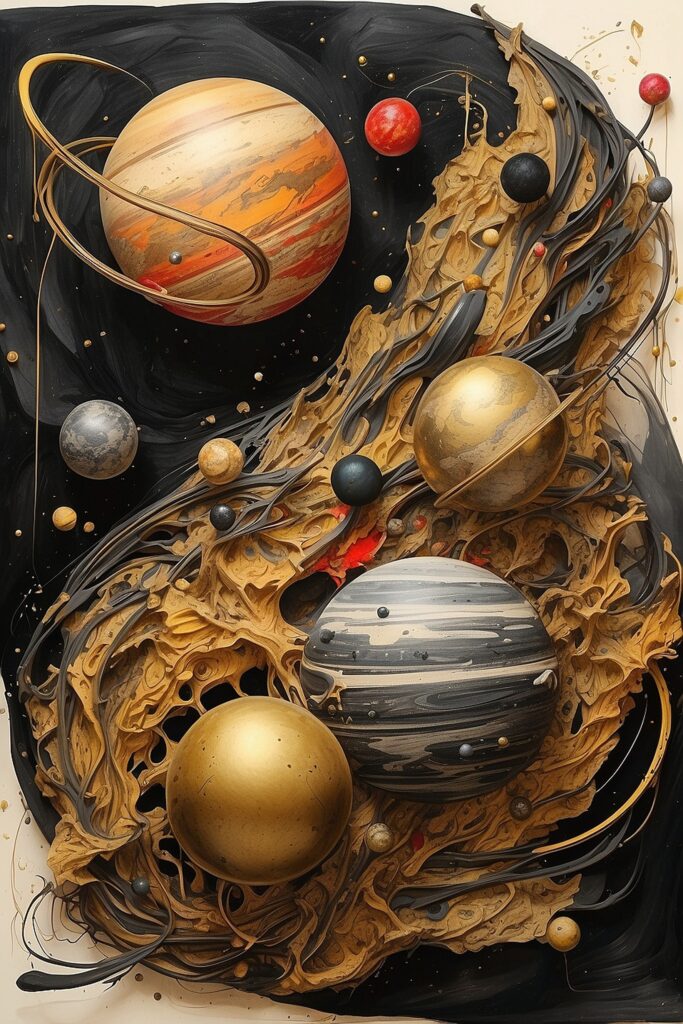
2. Planet Fact Cards
Students can create a set of fact cards for each planet, including information like size, distance from the Sun, composition, and interesting facts. This project enhances research skills and creativity.
- Materials Needed:
- Index cards or cardstock
- Markers or colored pencils
- Internet or library resources for research
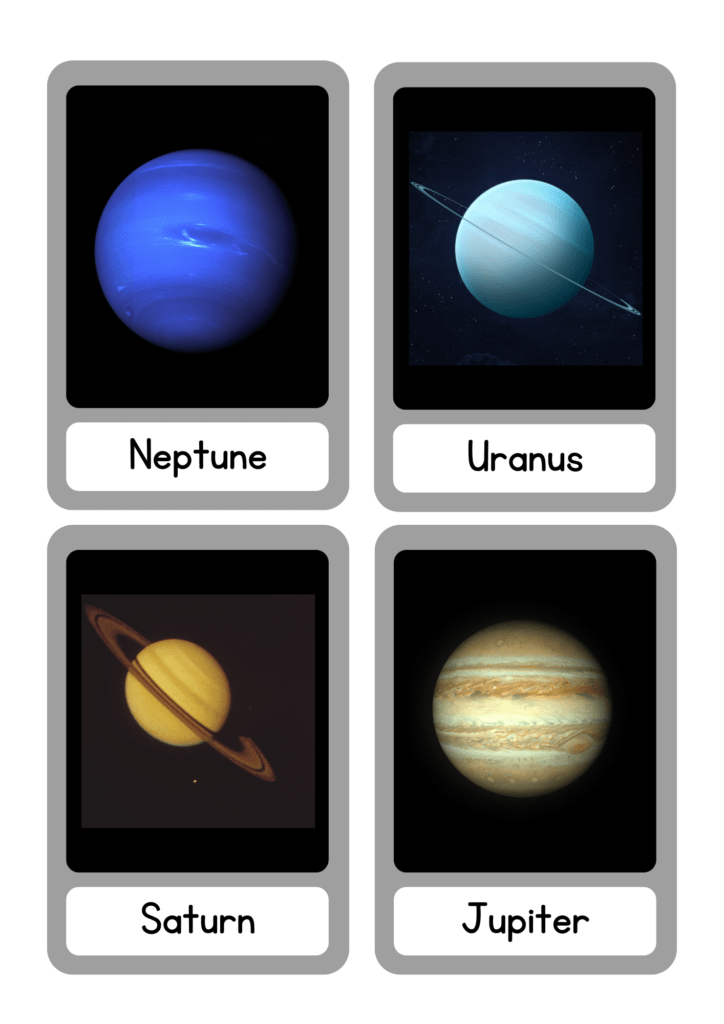
Solar System Planets School Project Flashcards
3. Solar System Mobile
A solar system mobile is a fun and decorative project. Students can hang the planets from a central point, allowing them to see the entire solar system in motion.
- Materials Needed:
- Lightweight balls or paper for planets
- String or fishing line
- Hanger or mobile kit
- Paint and brushes
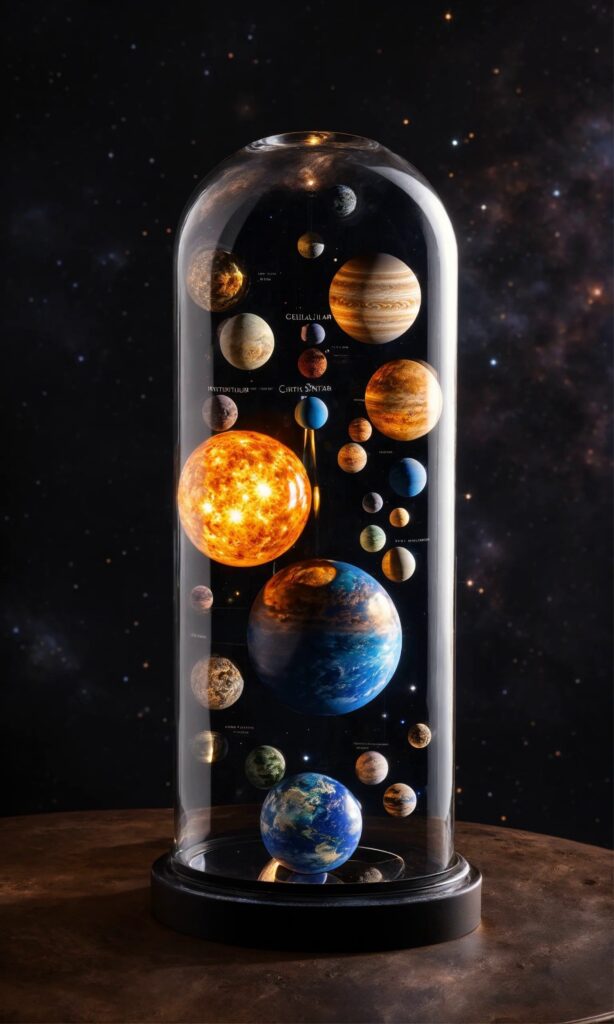
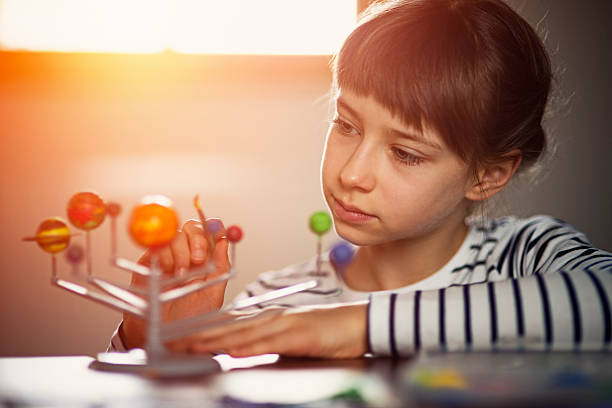

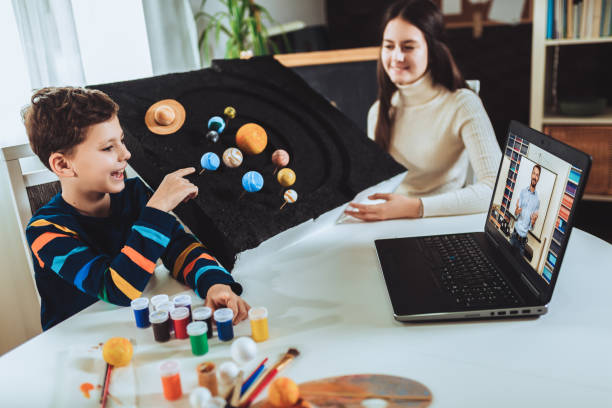
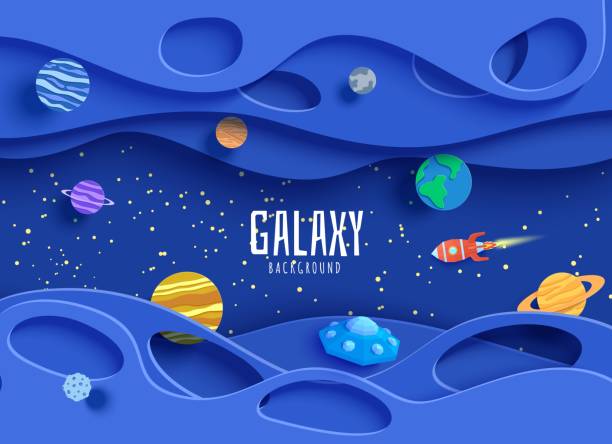
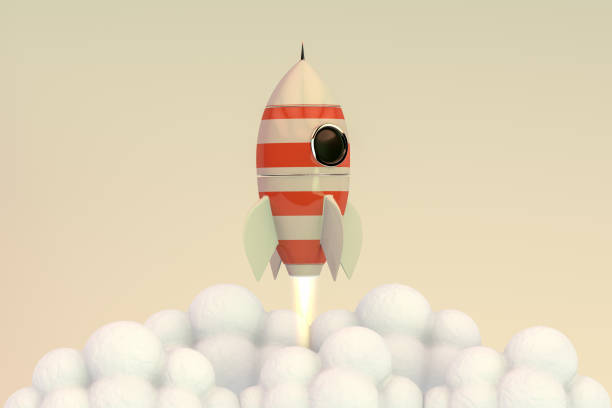
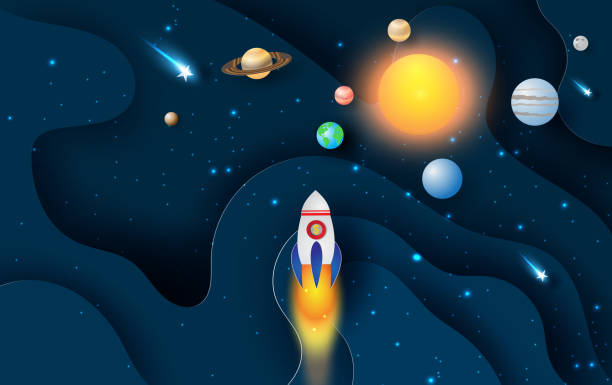
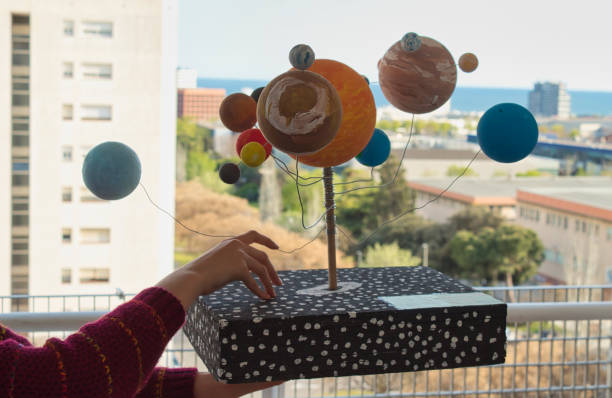
4. Planetarium Show
For a more high-tech project, students can create a planetarium show using software like Stellarium or Celestia. They can guide their audience through the solar system, explaining each planet’s unique features.
- Materials Needed:
- Computer with internet access
- Projector (optional)
- Presentation software
High-Quality Images of Planets
Using high-quality images can significantly enhance your project. Here are some sources for stunning planetary images:
Mercury
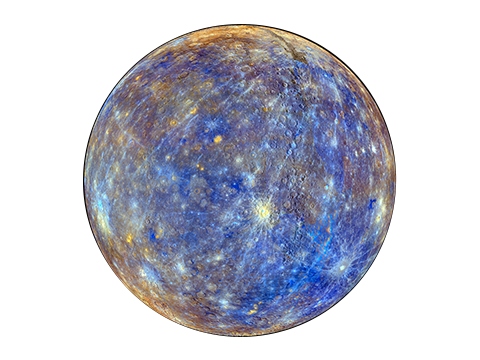
- Source: NASA Solar System Exploration
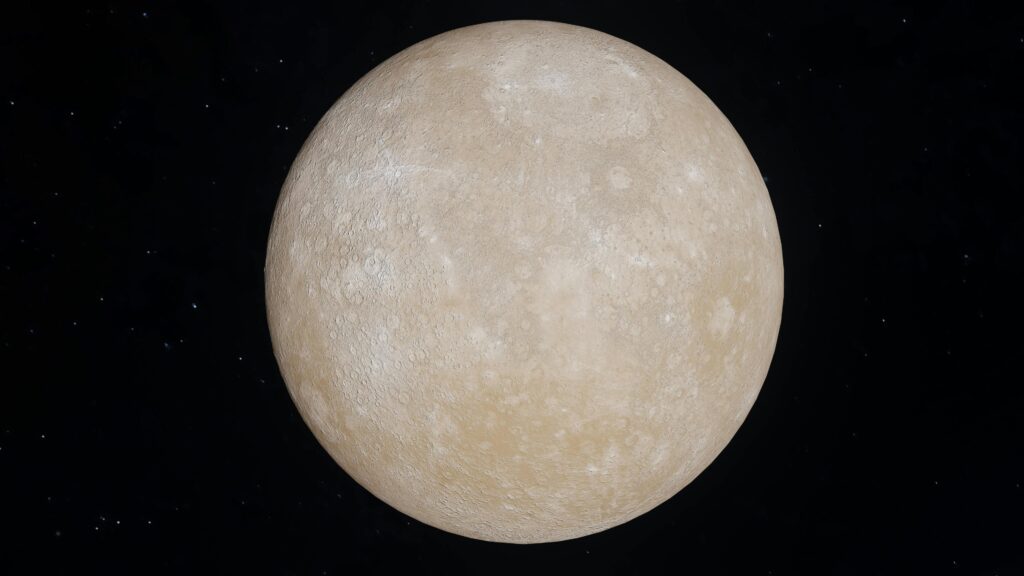
Venus
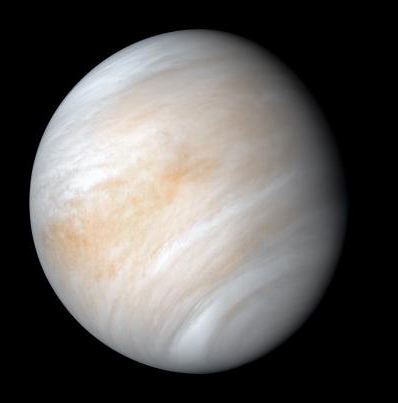
- Source: NASA Solar System Exploration
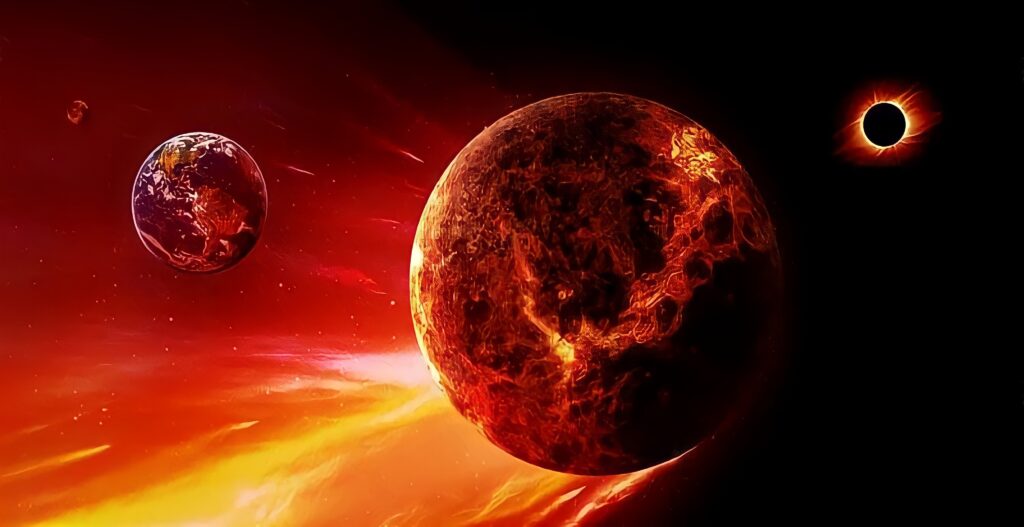
Earth
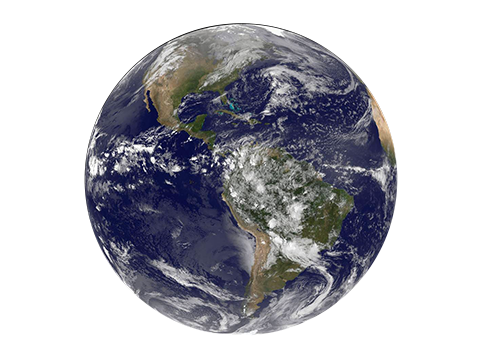
- Source: NASA Solar System Exploration
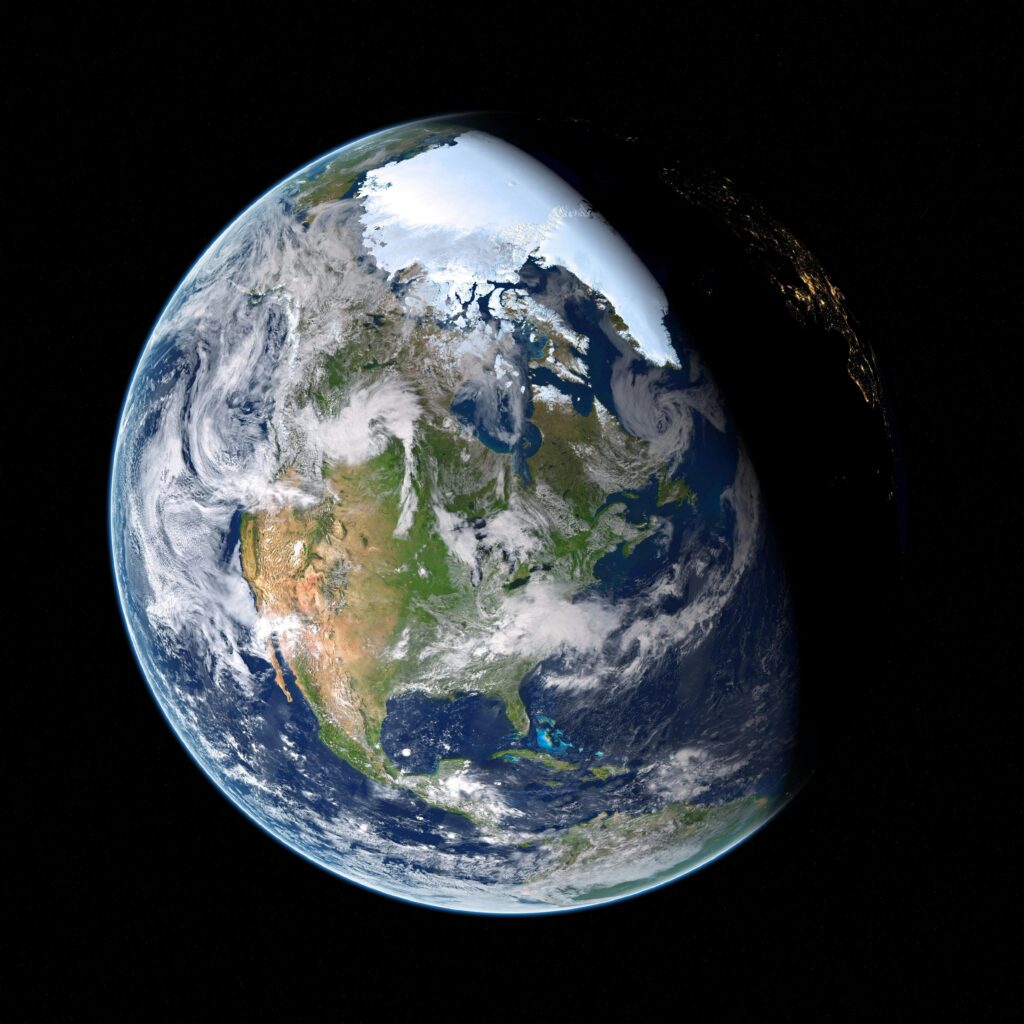
Mars
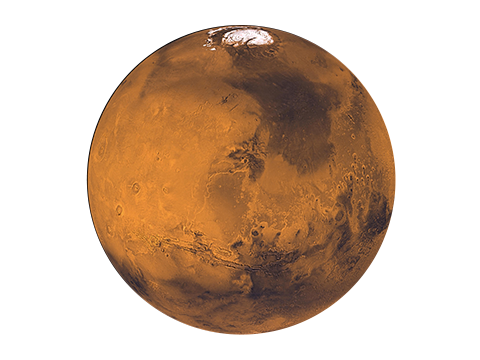
- Source: NASA Solar System Exploration
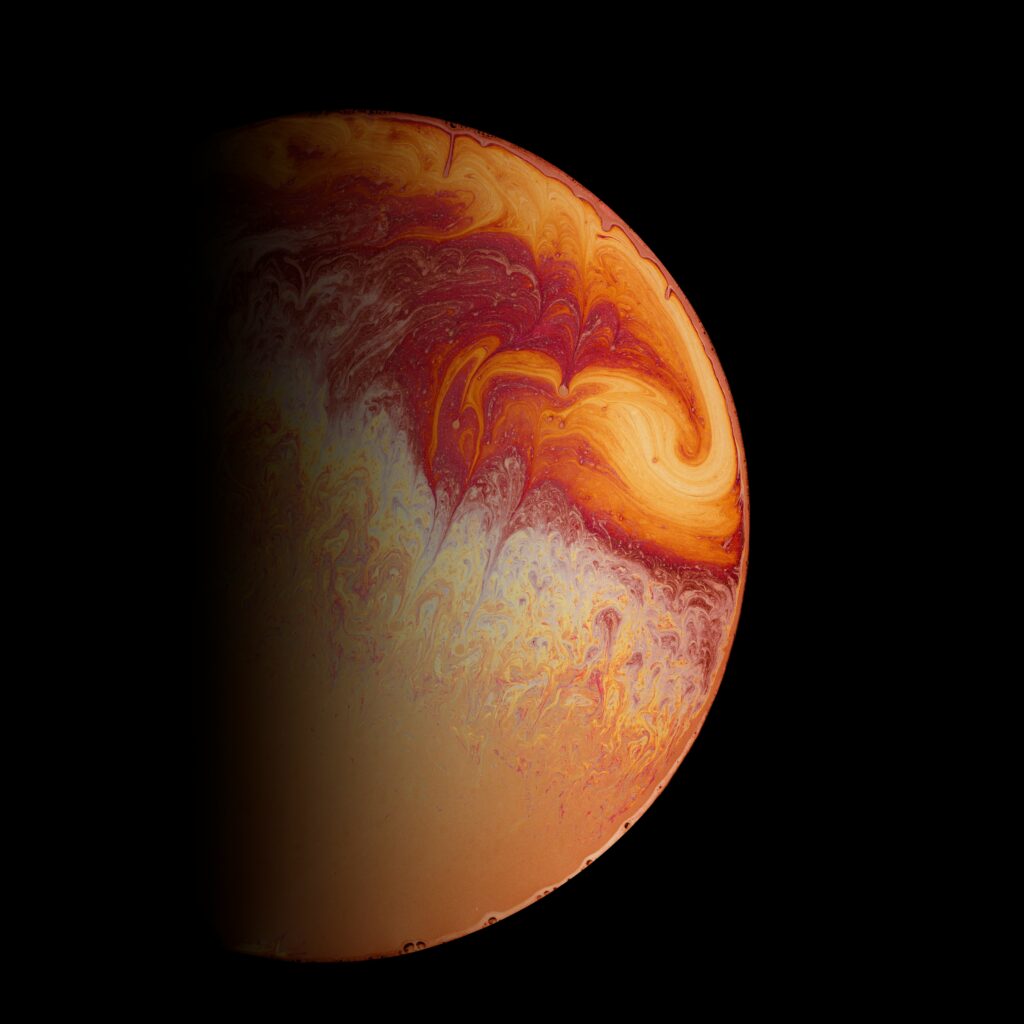
Jupiter
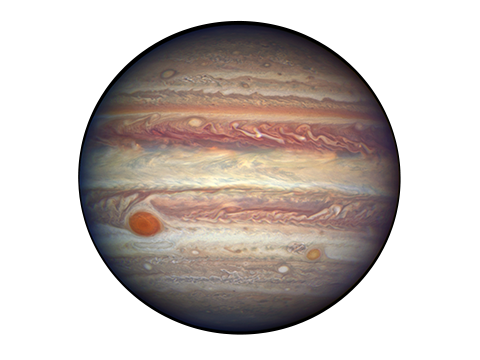
- Source: NASA Solar System Exploration
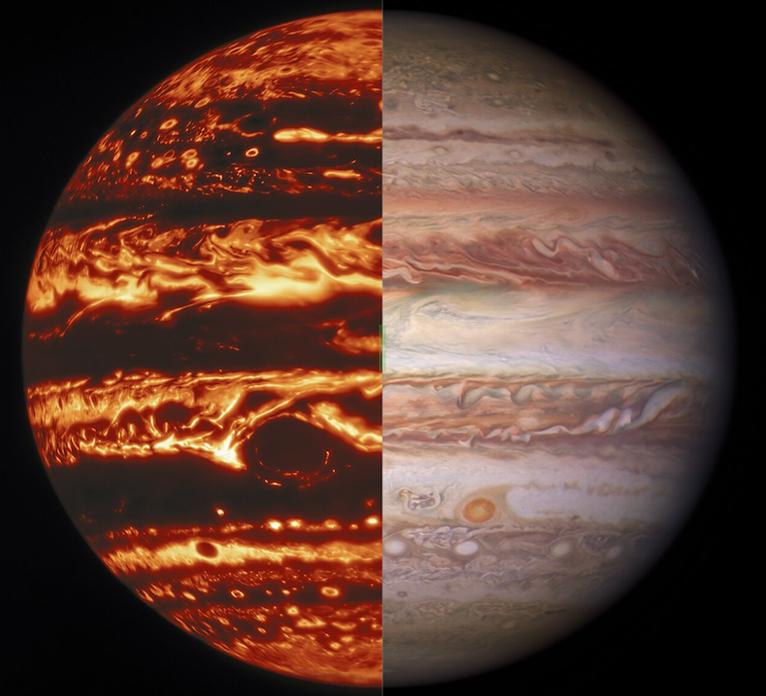
Saturn
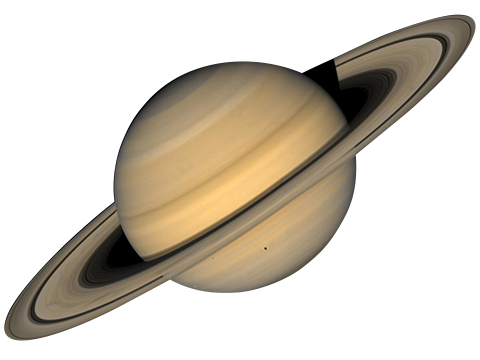
- Source: NASA Solar System Exploration
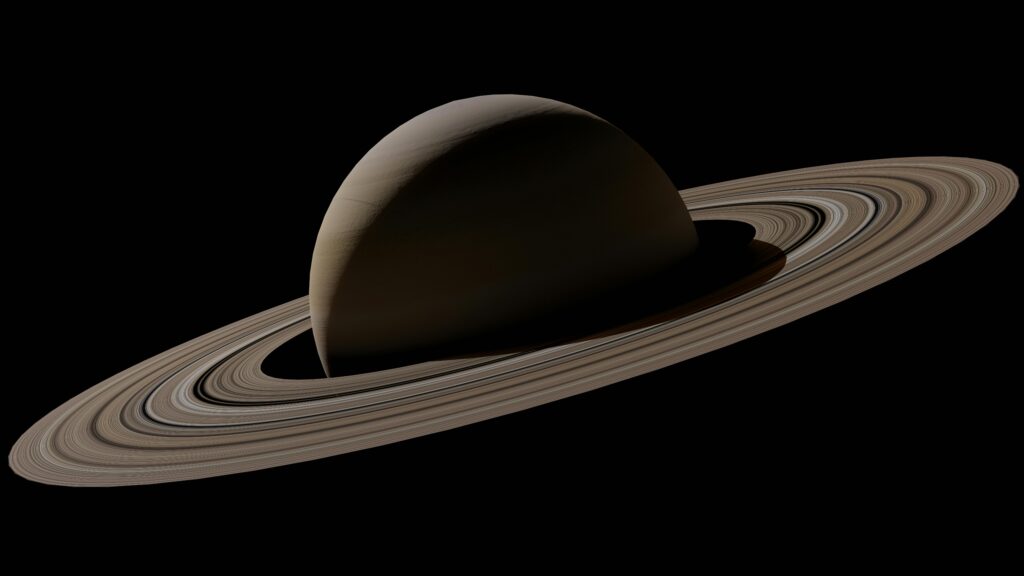
Uranus

- Source: NASA Solar System Exploration
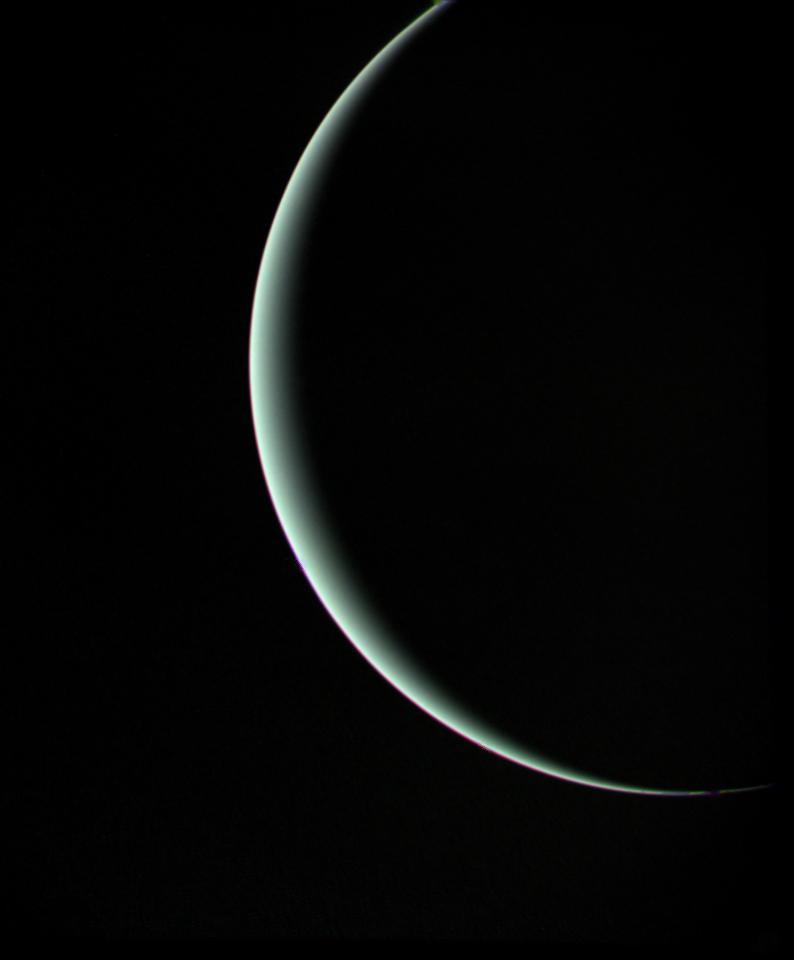
Neptune
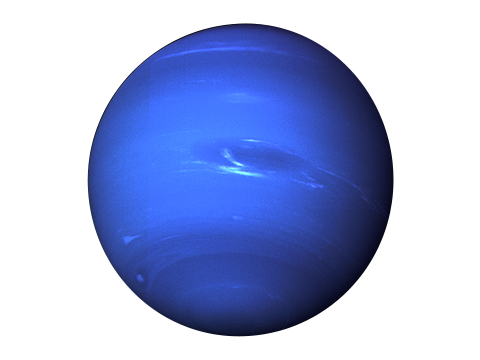
- Source: NASA Solar System Exploration
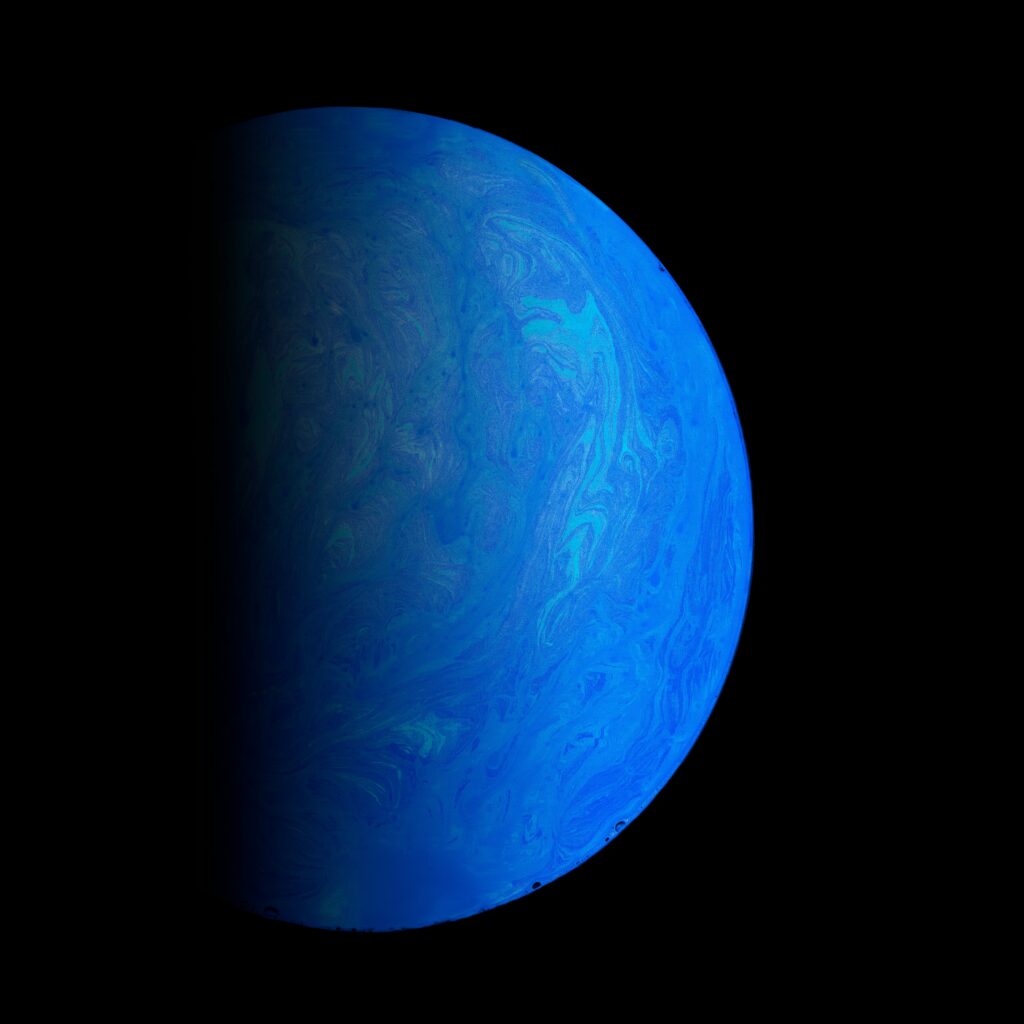
Resources for Projects
To help you get started with your solar system project, here are some valuable resources:
- NASA Solar System Exploration:
- Website: NASA Solar System Exploration
- Offers detailed information and images of all the planets and other celestial objects.
- National Geographic Kids:
- Website: National Geographic Kids
- Provides kid-friendly articles and videos about the solar system.
- Stellarium:
- Website: Stellarium
- A free planetarium software that can help students create virtual tours of the solar system.
- Celestia:
- Website: Celestia
- Another excellent software for exploring the solar system in 3D.
- Space Place by NASA:
- Website: Space Place
- Offers fun facts, games, and project ideas related to space.
Conclusion
Solar system planet projects are a fantastic way to inspire curiosity and learning in students. By combining creative activities with scientific research, students can gain a deeper understanding of our cosmic neighborhood. Utilize high-quality images and reliable resources to make your project informative and visually appealing. Happy exploring!